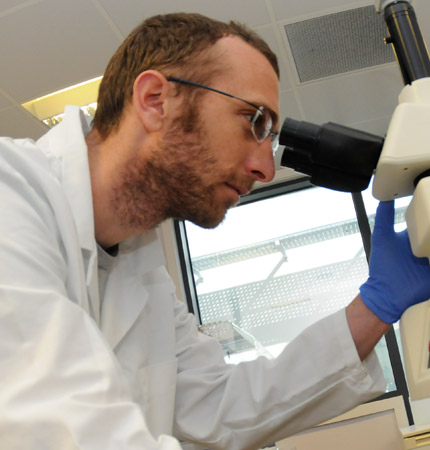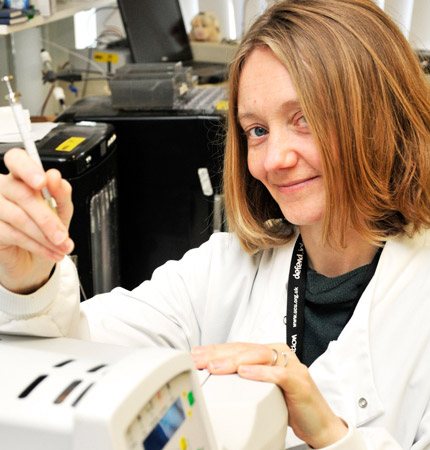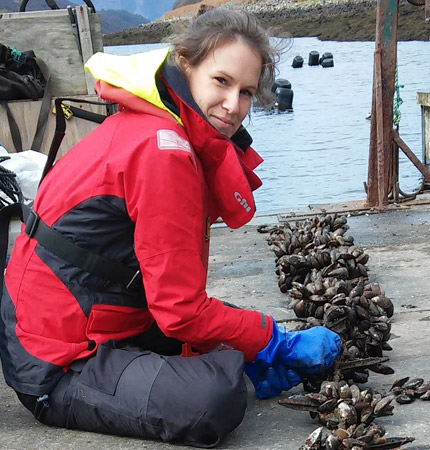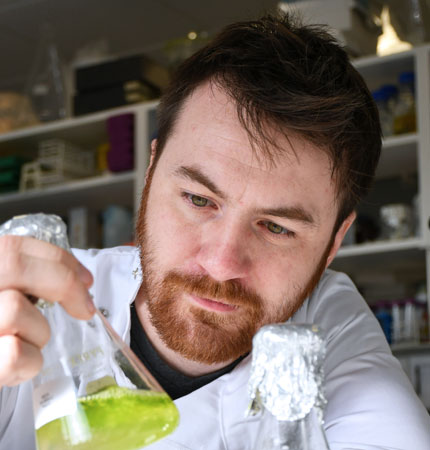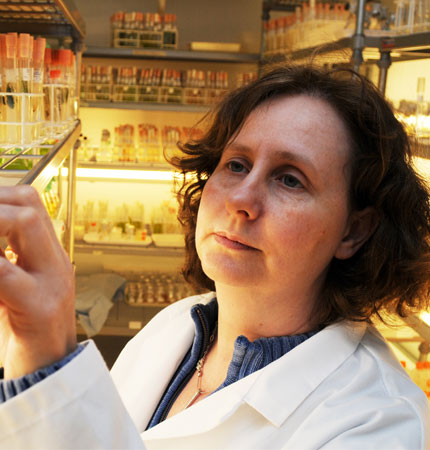Intelligent Management System for Integrated Multi-Trophic Aquaculture
The IMPAQT project aims to pave the way to both a more environmentally friendly and more efficient i.e. higher yielding European aquaculture industry.
In this context, integrated multi-trophic aquaculture (IMTA) is acknowledged as a promising solution for the sustainable development of the sector, however, has been tested only at very small scale in Europe, while management of large-scale IMTA areas remain difficult.
Within IMPAQT, we work to design and implement an advanced model for IMTA production as well as an Integrated Management System (IMS). With access to six pilot sites within and outside Europe (i.e. IMPAQT systems), our work will focus on the following key objectives:
- >Design and implementation of efficient and cost-effective technologies for the monitoring and management of IMTA production systems
- >Validation of the IMPAQT systems and IMTA model (in-situ), and of the seafood product quality (laboratory)
- >Demonstration of an optimal sustainable IMTA development, based on ecosystem services and circular economy principles
- >Promotion of effective knowledge transfers between IMPAQT derived activities and EU aquaculture stakeholders
Based on a strong collaboration among 21 EU and non-EU partners, IMPAQT promotes the eco-intensification of European aquaculture by demonstrating the eco-efficiency and minimization of environmental impacts, enabling socio-economic benefits and ecosystem services, and promoting the transition towards a circular economy business model.

